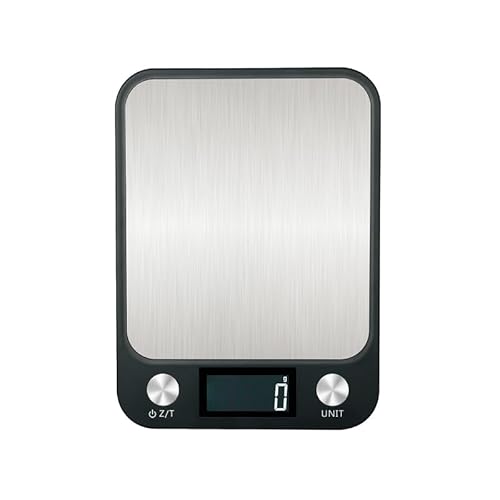I think there is some confusion here. If I'm reading this correctly I think that you believe that a good oil with benefits to your skin will make good soap. Also that a fat you would never put on your skin ( lard or tallow ) would make a gross soap.
This is fundamentally incorrect. There is a chemical process that happens to turn oil to soap and the oil loses it's oil properties and gains soap properties.
I want you to understand this because if you don't you will think your making a great soap and then when you try it you won't know what went wrong. ( and your probably wondering why people are telling you to reduce your 'skin loving' oils and want you to add in something like lard!)
So here is a small rundown for you- oils in soap:
Palm - one of the main oils used, makes a hard bar, average lather, used in higher percentages
Coconut oil - a main oil, very cleansing, can be very drying in high amounts can strip skin of natural oils, the main lathering oil, lots of fluffy lather. Very quick to trace in high amounts.
Palm kernel oil - Not a substitute for Palm oil - behaves like coconut oil, commonly used when someone has a coconut allergy.
Lard- one of the main oils, very moisturizing ( conditioning), lathers well, makes a hard bar, slower to trace, makes a white bar of soap.
Tallow- see lard, but is slightly quicker to trace and the bar is just slightly off white.
Olive oil- can be main or secondary oil, very moisturizing, very soft bar, very long to trace, as a main oil can be slimy feeling and take over 6 months to cure, can give a yellowing color to soap. Excellent as a secondary oil (up to 30% with harder oils, 20% with soft). Does not lather well on its own.
Rice bran oil- use as a secondary oil. Substitute for olive, very similar qualities.
Castor oil- mainly used to stabilize lather, does not lather well on its own but will increase ( thicken) lather of other oils. Very soft, use between 3-6% in a normal soap, a bit higher in shampoo bars.
Sunflower oil and grape seed oil, soft oil, very light, adds some moisturizing - a short lived oil, use in small amounts up to 10 percent- DOS prone.
Sweet almond oil, avocado oil, other liquid oils - secondary oils usually used for their conditioning value. Each soaper usually has their favorite use up to 30 percent under normal circumstances.
All butters, add hardness, moisturizing, to get the real benefits they would need to be used in higher percentages, not recommended as they greatly decrease lather. Use a total of up to 20 percent making compensations for lather. Great label appeal.
These descriptions are from my notes and have held true for me. They are a guide and not written in stone. There are compensations that can be made and there are exceptions ( like salt bars) but this should give you a starting point.
Remember that the oil does not = the soap. Just because I won't eat a raw egg, doesn't mean I won't eat the cake!












































